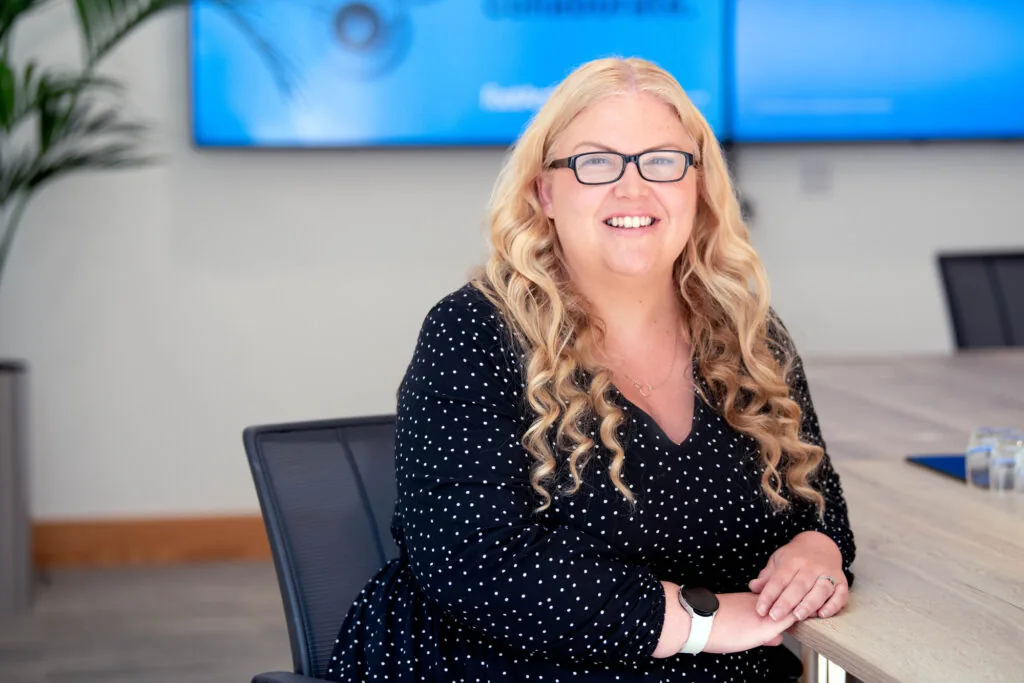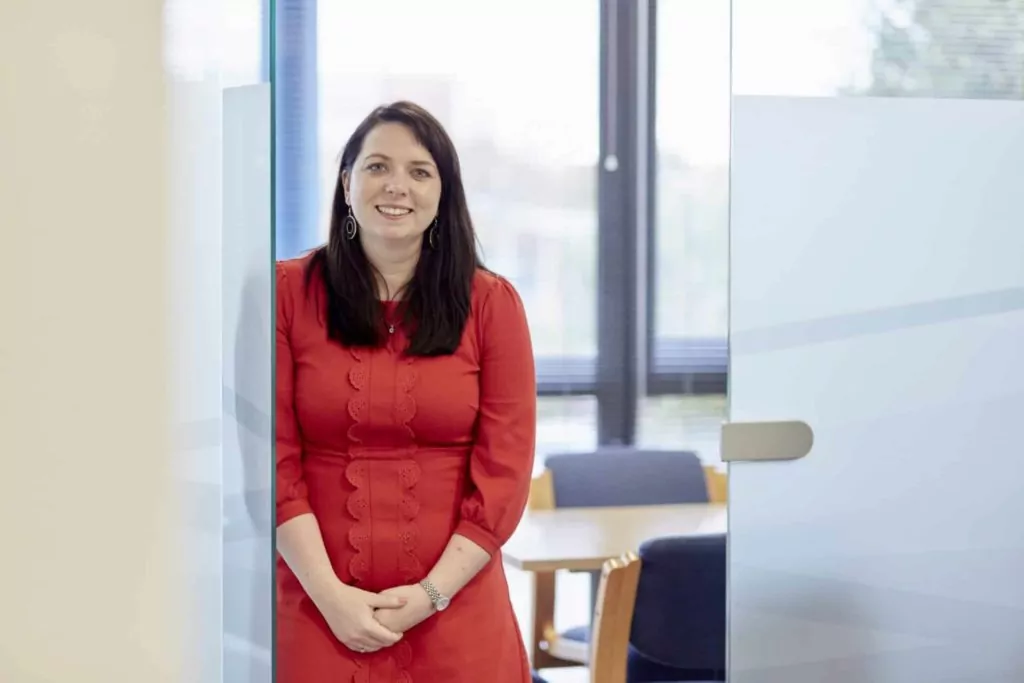Corporate social responsibility: giving back to society
Corporate social responsibility is one of the most effective and meaningful ways for a business to give back to the society in which it operates. By virtue of their size and impact, corporations have an even greater responsibility than other companies to acknowledge and respond to their impact on the world around them.
Foot Anstey is a leading provider of legal and consultancy services to retail businesses across the country, as well as firms operating in other sectors. Call us today for expert advice on strategy, compliance, investment and expansion.
What is corporate social responsibility?
Businesses of all kinds and sizes bring wealth and opportunity to the societies in which they operate, but they also affect those societies in a variety of ways. Sometimes these effects - economic, social, environmental (ESG) - are negative ones. A company that operates without any apparent concern for these social issues may enjoy a healthy turnover but those profits may come with corrosive longer term consequences, including sinking staff morale, bad publicity and disruptive legislation.
Corporate social responsibility (CSR) is an operational model with an enticing value proposition: it offers a way for successful, well-established companies to use their economic power for social good, while protecting their reputation, brand and longer-term best interests. It allows businesses to express accountability - to their own staff, to their suppliers and business partners, and to the world at large.
CSR can take different forms, depending on the industry in which the company operates. Typical forms include:
- Donating to charity.
- Promoting charitable causes or other socially beneficial organisations.
- Encouraging employees to volunteer their time for good causes.
- Committing to minimise or eliminate any environmental damage resulting from their operation.
The importance of corporate social responsibility
Firms practising CSR acknowledge the effects their operations may have on society and the environment and attempt to address them. They make an ongoing effort to conduct business in a way that makes a positive contribution to the world, rather than a negative one.
The benefits flow inward as well. A socially responsible corporation will most likely benefit from a more engaged, motivated and productive workforce, with a healthy sense of connection to the world around them. More often than not, better staff morale translates into increased turnover and better profit margins in the long term.
CSR provides an additional benefit, both to the companies engaging in this practice and to the world at large. Larger, well established firms with a strong brand have influence: practising CSR sets a good example to other firms in their sector and to the business world in general, encouraging further uptake while enhancing the original company’s reputation.
CSR is sometimes referred to as corporate citizenship. While CSR is typically the domain of large, well-established companies, there is nothing to stop smaller firms also engaging in this beneficial business practice if they have the resources to do so.
There is certainly no shortage of inspiring corporate social responsibility examples in the retail sector. Let’s examine a few.



























































